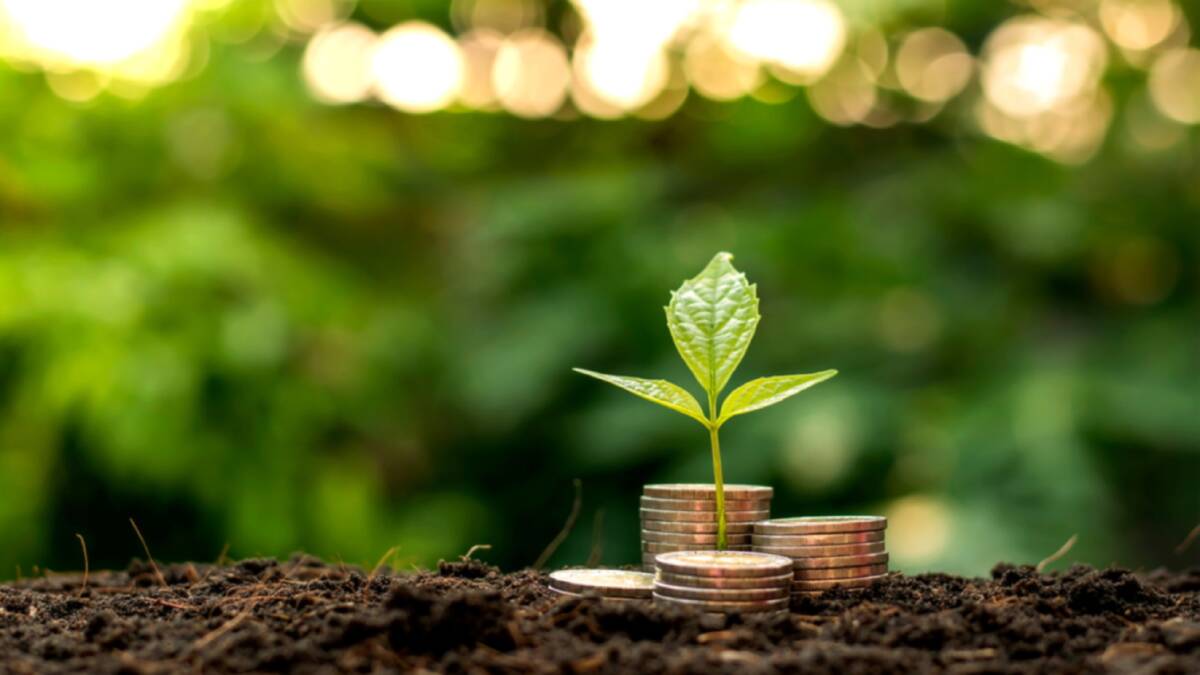The government has recently concluded a consultation on new directions for the Australian development assistance program.
Subscribe now for unlimited access.
or signup to continue reading
An effective aid program focused on climate action is an asset, not a cost, to Australia.
Managing climate change in all its manifestations is the big new issue facing Australia's development partners: providing climate finance to help developing countries transition to clean energy; providing funding and expertise to help developing countries increase their resilience to greater climate risk, and to adapt to a changing climate; and providing rapid and effective humanitarian aid when those disasters strike.
In our report Climate Focused Foreign Policy for Australia, Diplomats for Climate Action Now, a group of more than 100 former Australian diplomats, called on the Australian government to shape the aid program to meet all of these challenges. Australia has some very specific opportunities not only to meet its own emissions reduction commitments, but also to help the world reduce greenhouse gas emissions to stabilise the climate for all humanity, and to help our neighbours deal with the consequences of a changing climate.
In a world where climate change induced events are growing and increasingly damaging, time is running out to transition economies to cleaner forms of energy. Australian development funds are finite and, in a global sense, relatively modest.

But we have good technology and skills and strong development partnerships in the Pacific and Asia. The opportunity for Australia - government, business and civil society - is to use these advantages and focus our investments on activities that will make the most difference, notably in the Pacific, and to partner with others to magnify our impact in Asia.
Australia also has opportunities to play a constructive role in the context of increasing great power competition in the region.
While such competition has the potential to impede Australian programs, it also presents us the opportunity to work with other traditional partners in the region, including New Zealand, Japan and France, to develop positive climate financing and adaptation programs.
Our longstanding relationships in the region and effective working relationships with these partners will also help us to work constructively and respectfully with recipient countries, noting that they are best placed to understand their own needs and the risks of climate change to their communities and economies.
A new Australian aid program needs to ensure sufficient flexibility to work with our development partners to support their climate goals and programs, informed by their lived experience of climate change.
The increasing frequency and magnitude of climate-related disasters also presents an opportunity for the region to use Australian expertise in disaster management and response and, in turn, to hone that experience for application within Australia.
Pacific island countries in particular have extensive experience of emergency and longer term recovery from king tides and cyclones, including in provision of emergency housing and in understanding the immediate needs of disaster-affected communities that Australian emergency responses could learn from.
Finally, a new approach to Australian aid in the context of a changing global climate will require strong domestic policy action, particularly in weaning our own economy off fossil fuels.
This is essential not only to contribute to the necessary global effort to reduce emissions, but also to provide Australia with the credibility to engage constructively with regional partners. We cannot ask others to undergo potentially painful economic transformation while we will not do it in our economy and we continue to make the problem worse by adding to the world's consumption of fossil fuels.
READ MORE:
The Australian electorate understandably looks to the government to prioritise investment at home, and the aid program has been a politically easy target for budget cuts. Indeed, Australia's aid-to-GDP ratio is now significantly lower than comparable donor countries.
The government also has a significant task to build and sustain the case for the aid program and its expansion, which, if well designed and properly targeted, particularly in the context of global climate change, will support economic development and national security in Australia.
By helping our neighbours to transition to clean energy and by building their resilience to a changing climate, we are also supporting our own businesses and communities. In this way, climate finance and assistance for resilience and adaptation in developing countries is a benefit rather than a cost to Australia.
- Alan March is a former diplomat and humanitarian aid coordinator, and a director of Diplomats for Climate Action Now.
Our journalists work hard to provide local, up-to-date news to the community. This is how you can continue to access our trusted content:
- Bookmark canberratimes.com.au
- Download our app
- Make sure you are signed up for our breaking and regular headlines newsletters
- Follow us on Twitter
- Follow us on Instagram

